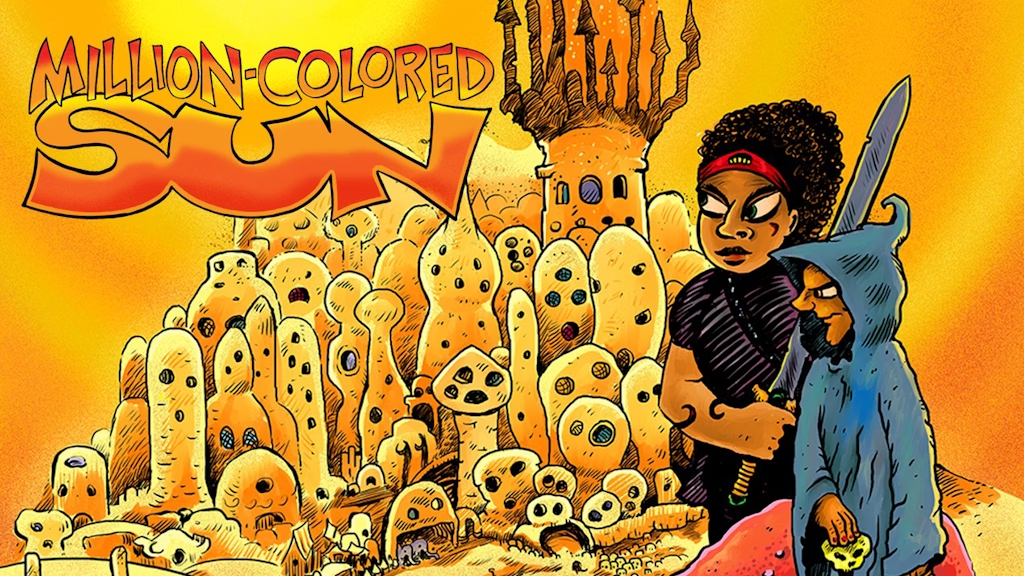We may earn money or products from the companies mentioned in this post.
REVERB GAMERS 2012, #14: What kinds of adventures do you enjoy most? Dungeon crawls, mysteries, freeform roleplaying, or something else? What do you think that says about you? (Courtesy of Atlas Games. Visit them at www.atlas-games.com)
I’m not a fan of dungeon crawls, at least in tabletop games. If I just want to slog through a dungeon killing things and taking their stuff, I’ll fire up one of the old D&D computer games and let my PC handle all the boring die-rolling and math. Otherwise, the games I enjoy the most tend to have a good mix of all the elements–character interaction and development, a plot with some twists and turns, and a few exciting action scenes. I also prefer to feel like the characters have chosen their own adventures, or at least (in the case of something like M-Force or an espionage game) put themselves into a position that leads to the adventures. Games where wandering groups of heavily-armed drifters constantly go on missions for random kings, hermits, and guys they meet in bars for no apparent reason don’t hold my interest for very long. As for what this says about me, I think it’s that I’m in it for a good story, which anyone who’s been reading these has probably figured out by now.
REVERB GAMERS 2012, #15: People often talk about the divide between what happens “in game” and “in real life.” Do you maintain that divide in your own play, or do you tend to take what happens to your character personally? Why? (Courtesy of Atlas Games. Visit us at www.atlas-games.com)
Mainly because of the group I play with, most of the time when terrible shit happens to my character, it’s because I asked for it (sometimes explicitly) because it provides a good role-playing opportunity or (in the case of character death and such) it’s dramatically appropriate. Most people I play with talk to the player before doing anything game-changing to a character, and won’t kill a character because of random bad die roll. My usual rule of thumb is to tell the player when the character is about to do something dangerous or stupid enough that it might get them killed. If the player decides to take the risk and fails, they’re stuck with the consequences.
Like most gamers, there have been times when I’ve taken game stuff personally, but usually those were more about conflicting personalities, play styles, and expectations than the details of the game itself. People want different things out of gaming, and if those things are so different they’re causing real-life conflict, it’s usually best for the person who’s causing the conflict to leave the group (either on his own or at the request of the rest of the group). Otherwise nobody’s going to have any fun.





